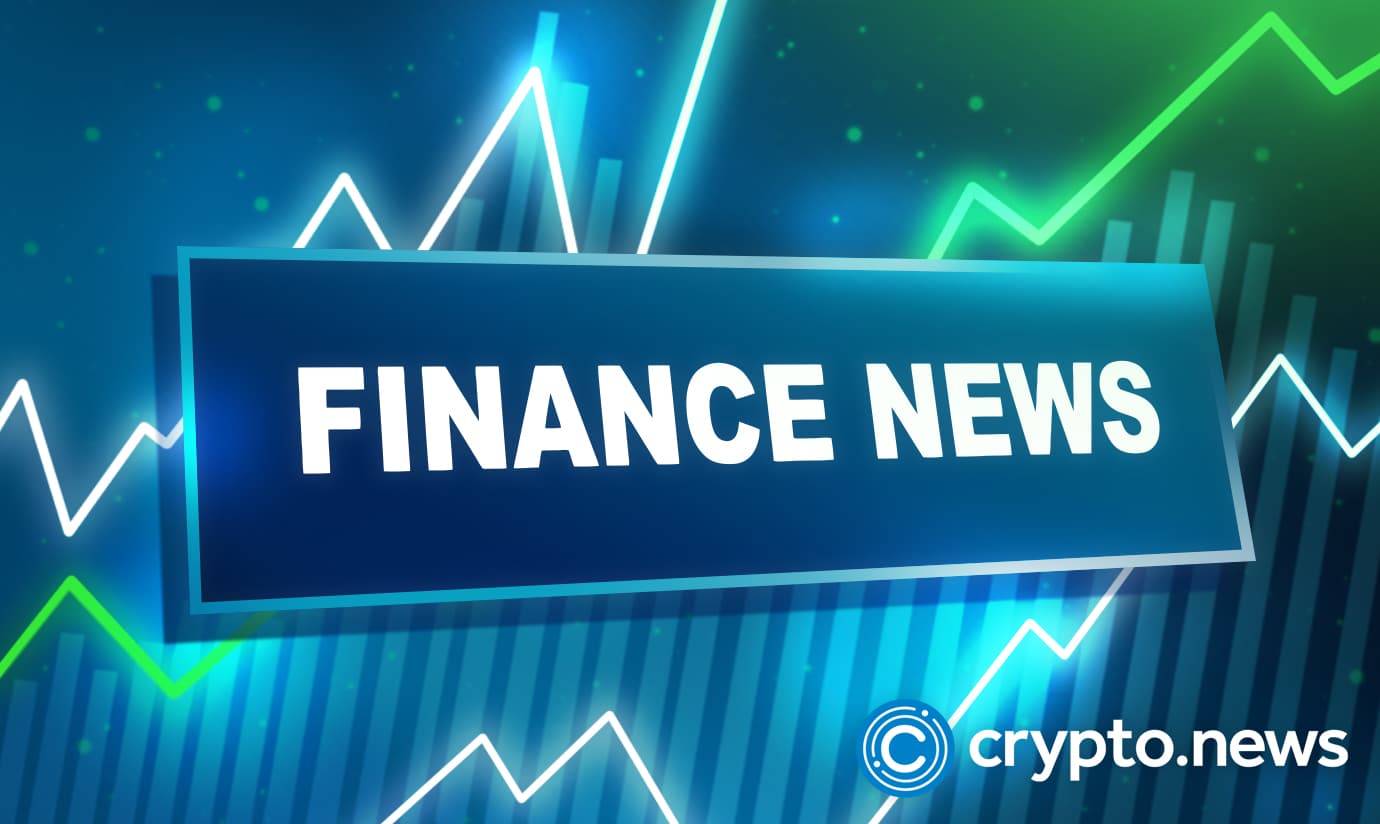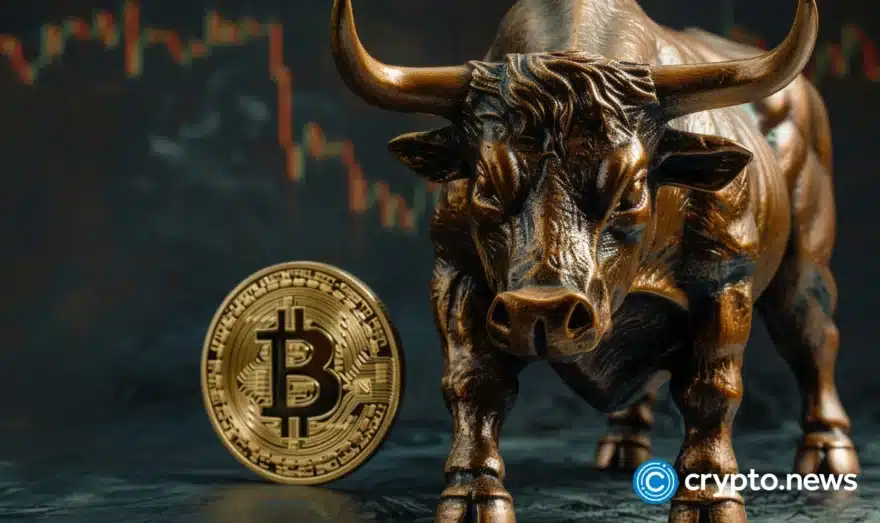Inflation rates significantly high: a looming financial crisis?

Despite a slight inflation drop, the decline rate remains painfully slow with the key inflation measure also hitting a new 40-year high. In October, a seasonally adjusted Consumer Price Index rose a less-than-expected 0.4%, the same increase as in September, according to the latest Bureau of Labor Statistics report.
Good news at last?
Excluding volatile food and energy, core inflation was up 0.3% in September, following a 0.6% rise in the previous month. Overall, year-over-year inflation was at 7.7%, the lowest since January 2022.
Despite the disappointing inflation reports before October, Justin Wolfers of the University of Michigan says that the released report is very hopeful despite it being just a month’s data. He noted that although inflation is still high, it is starting to appear that it will begin to ease down in the coming months.
In addition, he noted that it is still important for policymakers and economists to keep in mind that inflation will remain high. However, he noted that it is starting to look like it will begin to decrease in the next year.
According to Wolfers, the report shows that the peak of inflation has already passed. There are also signs of optimism that the crisis may end. He noted that the decline in core goods prices, a key component of the inflation report, was a relief. He said it was also encouraging to see that the Federal Reserve was starting to implement measures to help boost the economy.
Despite the good news that the report showed, Wolfers is still concerned about the high inflation. He noted that the lack of control over food and energy prices is still a major issue that needs resolution.
Meanwhile, despite beliefs that corporate greed is driving inflation, demand might be the real culprit. Despite the desire of corporations to raise prices, more is necessary to explain the recent rise in inflation. According to Wolfers, the high demand for goods and the pandemic-related supply issues have led to higher prices. This dynamic holds even outside of a period of inflation. Wolfers says, “You’re allowed to be mad at them as long as you’re just as mad at them when we have high inflation as when we have low inflation.”
Taming inflation will drive unemployment 6%
After the Federal Reserve raised interest rates multiple times this year, the unemployment rate is expected to rise to 6% next year, according to a forecast by Deutsche Bank. This would represent a loss of around 4 million jobs. According to the bank’s economists, the US will likely enter a recession by the end of 2023.
A survey conducted by the National Association of Business Economists revealed that over half of them think that the US will enter a recession in the next twelve months. Also, 11% believe that the country has already started a recession.
The last time the US experienced a jobless rate of 6% before the pandemic was in 2014. It was during the country’s recovery from the Great Recession. This suggests that the pain that the Fed is planning on bringing down in order to bring inflation back to the 2% target may not be as soft as it hoped for.
According to Deutsche Bank, the rising unemployment rate should be expected to be higher than the 6% that the Fed projected in September.
Inflation, job scams and cybercrime
Throughout history, there has been increased criminality as the economy went through a period of economic decline. The FBI and the US Postal Inspection Service recently seized 17 domain names associated with work-from-home scams.
Hackers used the domains to commit various types of fraud, such as identity theft and mail and wire fraud. According to court documents, the scammers used the websites to carry out these crimes.
They tricked job seekers into giving away their stolen goods, usually obtained through credit card fraud or identity theft, to the scammers, who would then send them to a different address. Many of these individuals thought they were receiving jobs with a legitimate company and asked to make purchases using their credit cards, for which they did not receive reimbursement.
The rising prices of gas and food have caused many people to feel the impact of this economic crisis. As a result, cybercriminals are now targeting their victims as they are at their most vulnerable times. They are also looking for ways to exploit legacy security systems to maximize their returns.
Crypto regulations do no good
If regulation had prevented the financial crisis that occurred in 2008, why did the crisis happen? Also, why is there a central bank-led financial crisis at the moment?
In response to the rising prices, several central banks in the US, Europe, and the UK have started implementing aggressive monetary tightening policies. However, according to international organizations such as the International Monetary Fund and the World Trade Organization, these policies could push the world into a prolonged period of low economic growth.
According to a report released by the UN Conference on Trade and Development (Unctad), the world is headed for a prolonged period of low economic growth unless the policies of advanced economies are changed.
The report warned that the policies of advanced economies could cause the world to experience a prolonged period of low economic growth. It noted that a drop in growth from 2.5% to 2.2% would leave the global economy well below its pre-pandemic level. It is estimated that a slowdown of this magnitude would cost the global economy around $17 trillion. On the other hand, developing nations are expected to be the most affected by the slowdown. We might be looking at a recession worse than in the past 20 years.
According to the report, the policies of advanced economies are harming developing nations’ social, environmental, and economic goals. In a statement accompanying the report’s release, the head of the UN’s development agency said that these policies are hitting the poorest individuals the hardest.
For example, Turkish Statistics Institute data shows that the country’s annual inflation rate hit a new 24-year high of 83.45% in September, which is still lower than the previous month’s rate. Despite the high inflation rate, the central bank was expected to reduce its key interest rate this month. Notably, President Erdogan had called for a single-digit interest rate by the end of the year.
Bitcoin for the win: A hedge against inflation?
The share prices of Credit Suisse and Deutsche Bank have dropped significantly lower than the financial crisis of 2008-9. Notably, this has led to the rebirth of Bitcoin. Even with rising inflation rates, Bitcoin has maintained the $19K level. It might, after all, be an edge against inflation despite investors losing hope in it after the crypto market collapse earlier this year, which has led to the current losses.
According to CoinMarketCap, the global cryptocurrency market cap has dropped from around $2.9 trillion in November to around $932.49B. Sylvia Jablonski, the Defiance Exchange Traded Funds CEO, says that the volatility and uncertainty surrounding the cryptocurrency market are just factors driving investors away from it.
However, according to Edward Moya, a senior market analyst at Oanda, a potential recovery in the stock market could provide a boost to the cryptocurrency industry. He noted that although the broad risk-on rally doesn’t seem like it has legs, it could still last a while.
Bitcoin’s price has more than doubled over the past five years and is now more than twice as expensive as the consumer price index. That makes it an effective inflation hedge. Although volatility can be a major concern for investors, Bitcoin has proved to be a great asset to own for a long time.
Although Bitcoin is considered a good inflation hedge, it’s not exactly a perfect alternative. However, it is hard to find anything that has performed better in the past five years.
End austerity!
Banks are over-leveraged two quadrillion dollars in derivatives. They are all on the brink of destruction. At the same time, all the currencies except the USD are falling. Many governments are already saying austerity, but that will only worsen things.
According to a new report, “End Austerity: A global report on budget cuts and harmful social reforms,” about 85% of the world’s population will live under austerity measures by 2023. This figure is expected to continue until 2025 with about 75% of the global population living under these conditions by that time.
Despite the increasing number of people being pushed into poverty and hunger, over 140 countries are still implementing policies that undermine the capacity of governments to provide adequate social protection and healthcare.
According to Nabil Abdo, Oxfam International’s Senior Policy Advisor, choosing austerity over other measures that can boost budget revenues is both economically disastrous and deadly. Austerity is the worst choice that governments can make in the worst possible way. It is an attack on the very people who are most vulnerable, including the education and healthcare systems, and it is designed to make the rich and big corporations even wealthier.
Meanwhile, the campaign to end austerity began on September 28 with a series of virtual events organized by various civil society groups. These events will bring together prominent academics and activists to discuss ways to reduce the country’s debt. They are rooting for alternative measures for governments to take to address the global financial crisis. These include taxing excess corporate profits, restructuring sovereign debt, and cancelling and restructuring financial flows.
Is inflation going down anytime soon?
Despite the signs that inflation has peaked in the U.S., the new report shows that the peak of inflation has already passed, and there are signs of optimism that the crisis may be coming to an end. Some of the most persistent sectors, such as used cars, gas, and apparel, have declined. However, it is still unclear if this is the start of a new era of higher prices. Various factors can affect the future, such as the strength of the dollar and the Fed’s interest rate hikes.
Economists and financial experts agree that rising prices will likely continue to affect Americans for the rest of the year. That means the pain of higher costs will likely continue to be felt.
According to Robert Triest, an economics professor at the University of North Carolina, inflation is expected to drop over the next couple of years if the situation in Ukraine and the COVID-19 pandemic don’t worsen. Triest noted that the actions taken by the Federal Reserve this year, which targets a 2% inflation rate, made him more positive about the possibility of a lower inflation rate.
Preston Caldwell, the head of U.S. economics at an investment firm, believes that inflation will continue to stay high until 2022. However, he believes it will drop significantly in the next two to three years.















